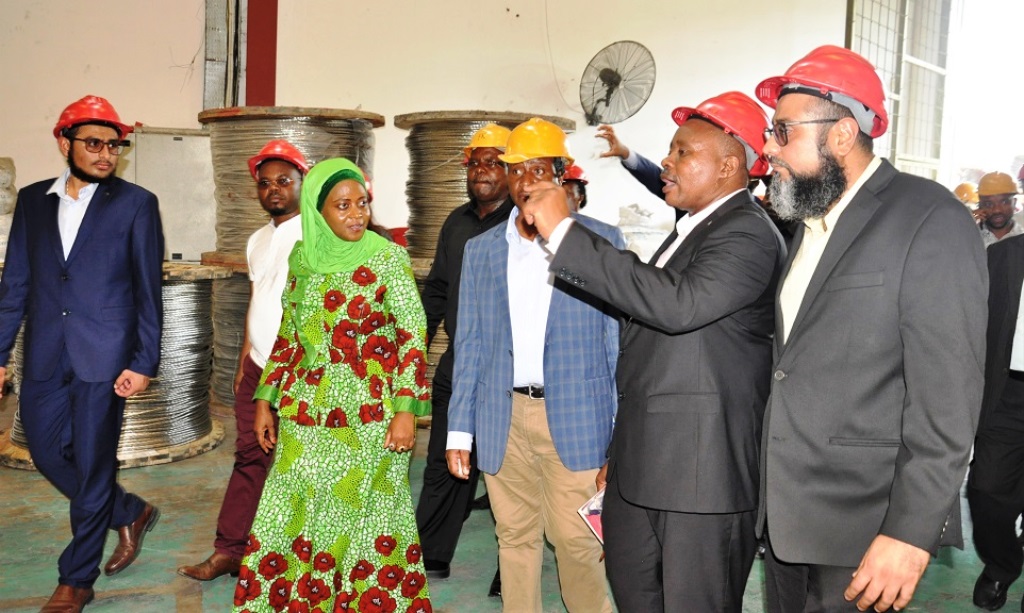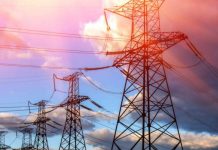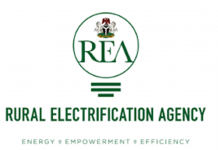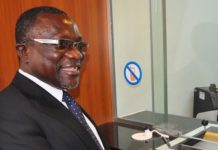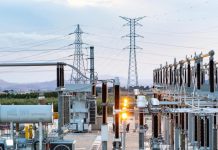AfricaPress-Tanzania: HEADING to industrialized nation, there are several power projects implemented on various sources of energy–renewable and nonrenewable.
Some of the notable mega projects which are on course include lightening the rural areas under Rural Electrification Agency (REA) and the Mwalimu Nyerere Hydropower project to produce 2,115 MW.
The implementation of these projects during the Fifth Phase Government has become a fortune for the local manufacturers, with assurance of reliable market.
As public projects becoming a big market for locally made electric products, the industries now are no longer relying only on individuals buying the products or local construction companies building private properties.
The projects have been sourcing many materials from Tanzanian producers, getting rid of notion that imported were better than local ones.
Some of manufacturers of electric products noted that the local industries produce products like transformers, wires, isolators, PVC pipes and others in large quantities.
This leads them also to look for market outside the country. When the Energy and Minerals Parliamentary Committee visited one of Dar es Salaam-based industry for electric materials, Africab Tanzania, it was impressed to see how local factory used high technology.
According to Africab Tanzania Chief Executive Officer Mansoor Moiz their industry manufactures all electric equipment needed for REA project, Mwalimu Nyerere Hydropower Project and Standard Gauge Railway (SGR).
Mr Moiz argued that he did not see reason for Tanzania to import equipment for implementing its projects while local industries have capacity to produce and meet demand in the local market and even export others.
Speaking with the Parliamentary Committee when visited the industry, he stated: “It is now a right time for Tanzanians to feel proud of being producers of our own products with high quality compared to imported ones.”
The Africab Tanzania current annual production capacity of wires stands at 75,000 kilometres, 6,500 transformers and 660,000 insulators.between $22.1 billion, in the base case scenario, and $88.3 billion in the worst case scenario.
This is equivalent to a projected GDP growth contraction of between 0.7 and 2.8 percentage points in 2020. It is even likely that Africa might fall into recession this year if the current situation persists.
The Covid-19 shock will further squeeze fiscal space in the continent as deficits are estimated to widen by 3.5 to 4.9 percentage points, increasing Africa’s financing gap by an additional $110 to $154 billion in 2020.
Our estimates indicate that Africa’s total public debt could increase, under the base case scenario, from $1.86 trillion at the end of 2019 to over $2 trillion in 2020, compared to $1.9 trillion projected in a ‘no pandemic’ scenario.
According to a March 2020 Bank report, these figures could reach $2.1 trillion in 2020 under the worst case scenario. This, therefore, is a time for bold actions.
We should temporarily defer the debt owed to multilateral development banks and international financial institutions. This can be done by re-profiling loans to create fiscal space for countries to deal with this crisis.
It means that loan principals due to international financial institutions in 2020 could be deferred.
I am calling for temporary forbearance, not forgiveness. What’s good for bilateral and commercial debt must be good for multilateral debt.
That way, we will avoid moral hazards, and rating agencies will be less inclined to penalize any institution on the potential risk to their Preferred Creditor Status.
The focus of the world should now be on helping everyone, as a risk to one is a risk to all. There is no coronavirus for developed countries and a coronavirus for developing and debt-stressed countries. We are all in this together.
Multilateral and bilateral financial institutions must work together with commercial creditors in Africa, especially to defer loan payments and give Africa the fiscal space it needs.
We stand ready to support Africa in the short term and for the long haul. We are ready to deploy up to $50 billion over five years in projects to help with adjustment costs that Africa will face as it deals with the knock-on effects of Covid-19, long after the current storm subsides.
But more support will be needed. Let’s lift all sanctions, for now. Even in wartime, ceasefires are called for humanitarian reasons.
In such situations, there is a time to pause for relief materials to reach affected populations. The novel coronavirus is a war against all of us.
All lives matter. For this reason, we must avoid fiscal distancing at this time. A stitch in time will save nine.
The author of the article is Akinwumi Adesina, the President of the African Development Bank. The views expressed are solely those of the author.


